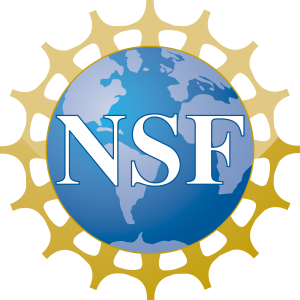 John Hennessy, Chair of Alphabet Inc., will present “The End of Moore’s Law and Faster General-Purpose Processors, and a New Road Forward,” part of the National Science Foundation (NSF) Computer & Information Science & Engineering (CISE) Distinguished Lecture Series on November 22nd, 2019, from 1:00PM to 2:00PM ET.
John Hennessy, Chair of Alphabet Inc., will present “The End of Moore’s Law and Faster General-Purpose Processors, and a New Road Forward,” part of the National Science Foundation (NSF) Computer & Information Science & Engineering (CISE) Distinguished Lecture Series on November 22nd, 2019, from 1:00PM to 2:00PM ET.
John Hennessy revolutionized the design of computer processors with the invention of the RISC architecture, which increased performance while reducing costs. He co-founded MIPS Computer System in 1984 and went on to pioneering research in distributed systems. He served as President of Stanford University from 2000 to 2016, and in 2017 received ACM A.M. Turing Award together with his collaborator David Patterson. In 2018, he was named Chair of Alphabet, Inc., Google’s parent company in 2018.
Abstract
After 40 years of remarkable progress in general-purpose processors, a variety of factors are combining to lead to a much slower rate of performance growth in the future. These limitations arise from three different areas: IC technology, architectural inefficiencies, and changing applications and usage. The end of Dennard scaling and the slowdown in Moore’s Law will require much more efficient architectural approaches than we have relied on. Although progress on general-purpose processors may hit an asymptote, domain specific architectures may be the one attractive path for important classes of problems, at least until we invent a flexible and competitive replacement for silicon.
To attend in person (NSF Room E2020), NSF visitors must contact Nachelle Vinson (nvinson@nsf.gov) so that a visitor pass can be arranged. To attend virtually, join via WebEx.









